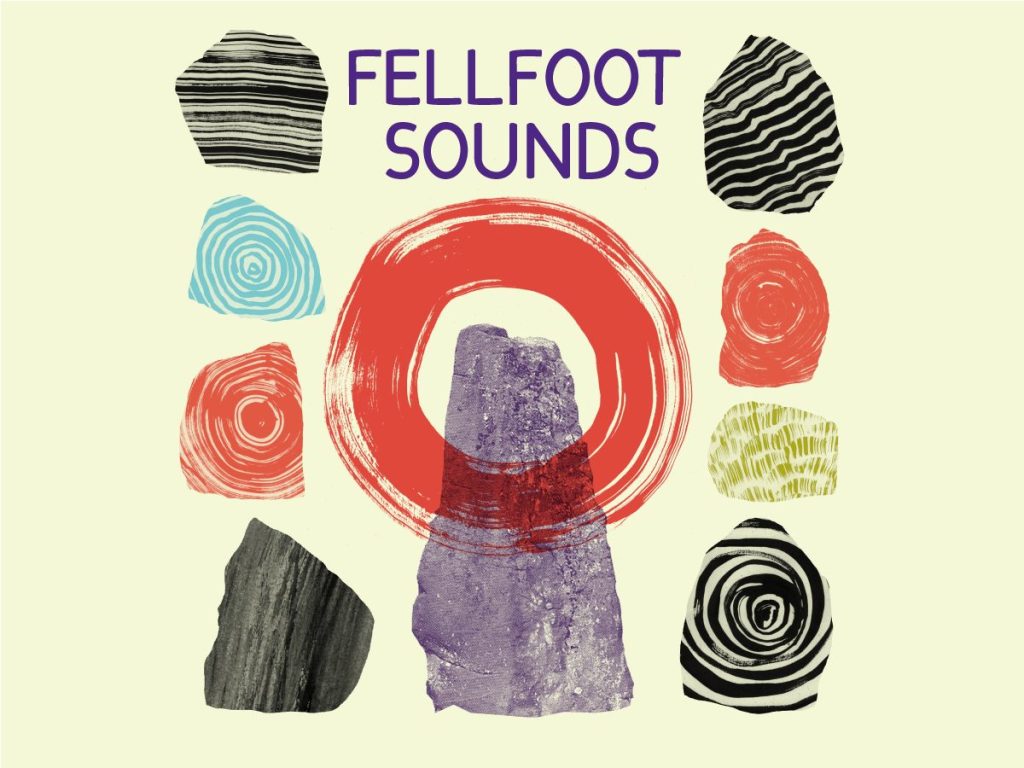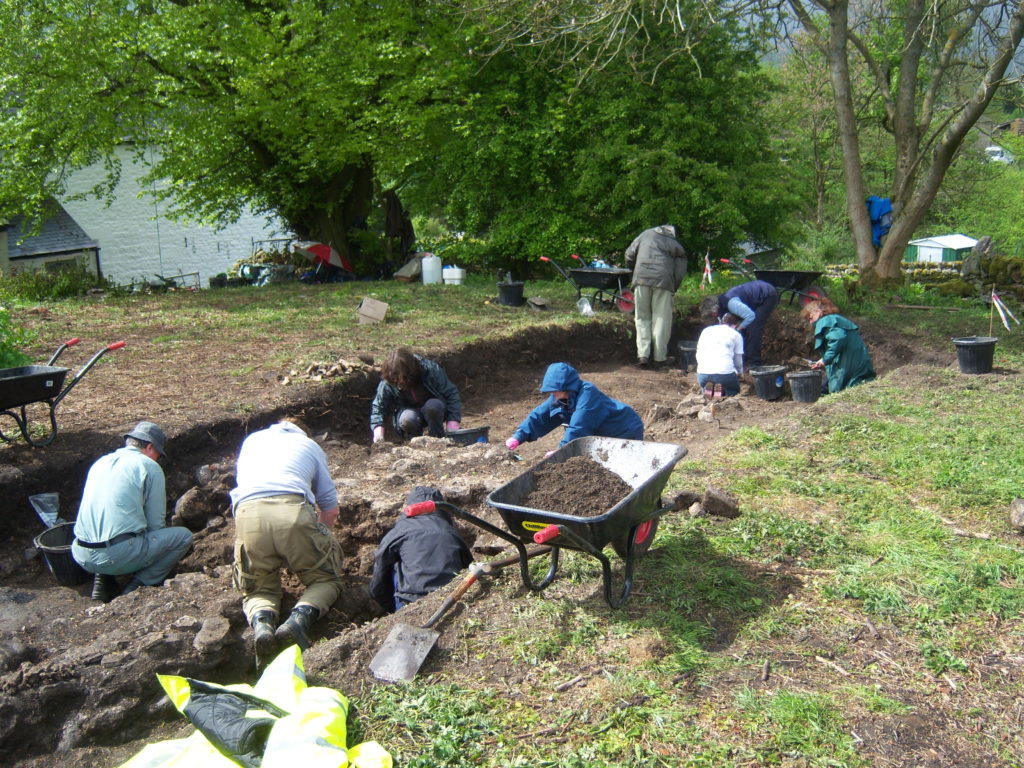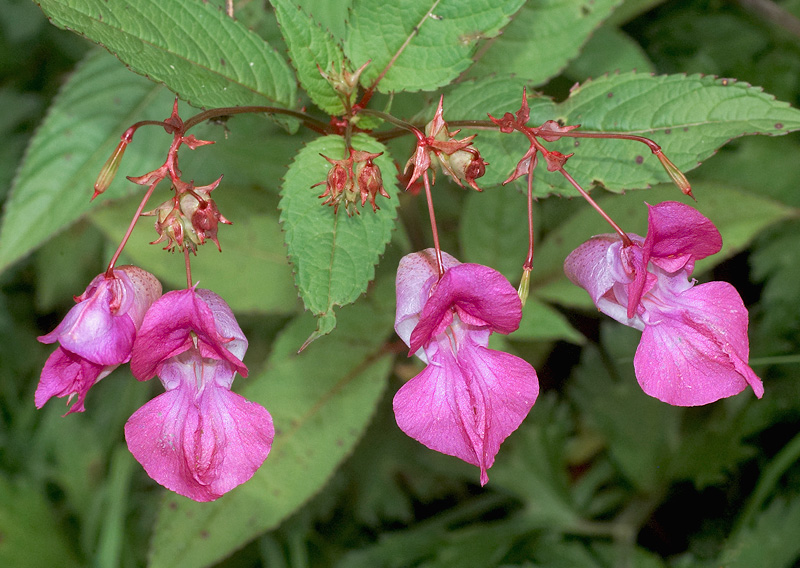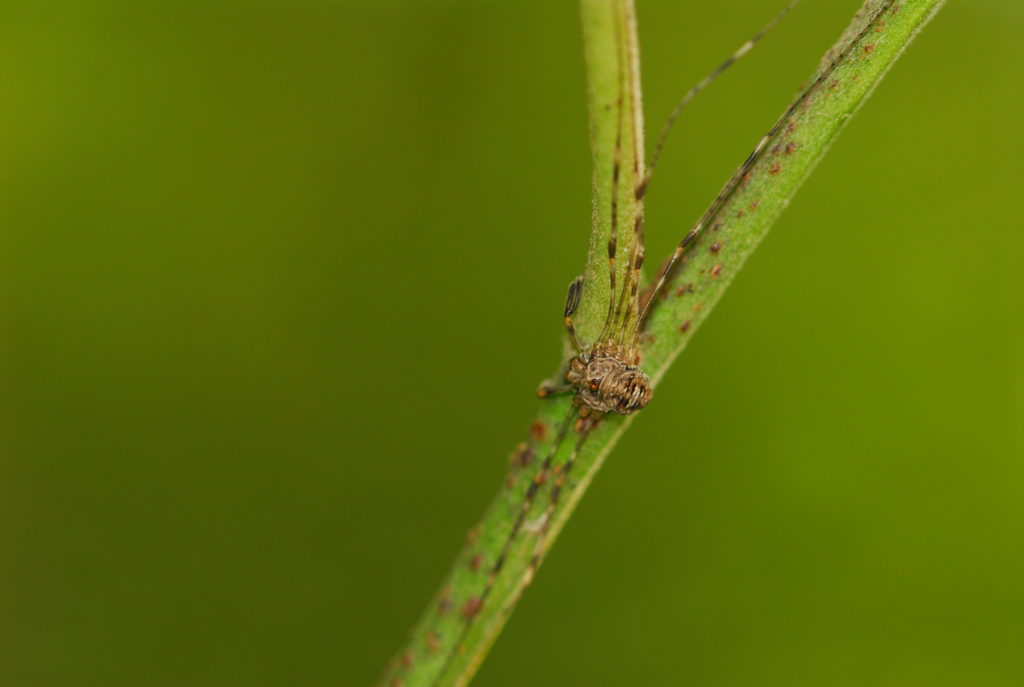What we do
Working together
Over its five-year lifespan, Tees-Swale puts farmers and landowners at the heart of nature recovery. The project team worked closely with farmers in preparation, resulting in over 60 farmers and landowners committing to carry out work to benefit people and wildlife in the first two years of the scheme. In addition to this, partners aim to work with all 300 farmers in the area over the life of the programme.
Training for farmers and land managers
We are working with groups/clusters of farmers, landowners and land managers in three key areas: habitat assessment; alternatives to intensification; and public goods and ecosystem services. Together we are leaning techniques that are consistent with High Nature Value (HNV) farming, results-based schemes and ecosystem services. This work takes the form of training, workshops and field demonstrations delivered in partnership with industry experts and research institutes. A total of 60 training sessions, 11 per year with a total target of 600 training places, will lead to 50 farmers actively undertaking habitat assessment.
Training for contractors
Skilled and knowledgeable contractors are key to ensuring the programmes legacy so we are delivering training on habitat management and HNV farming methods to agricultural contractors operating within the area. A total of 10 workshops and field demonstrations will enable contractors to deliver a high-quality service for both farmers and the environment.
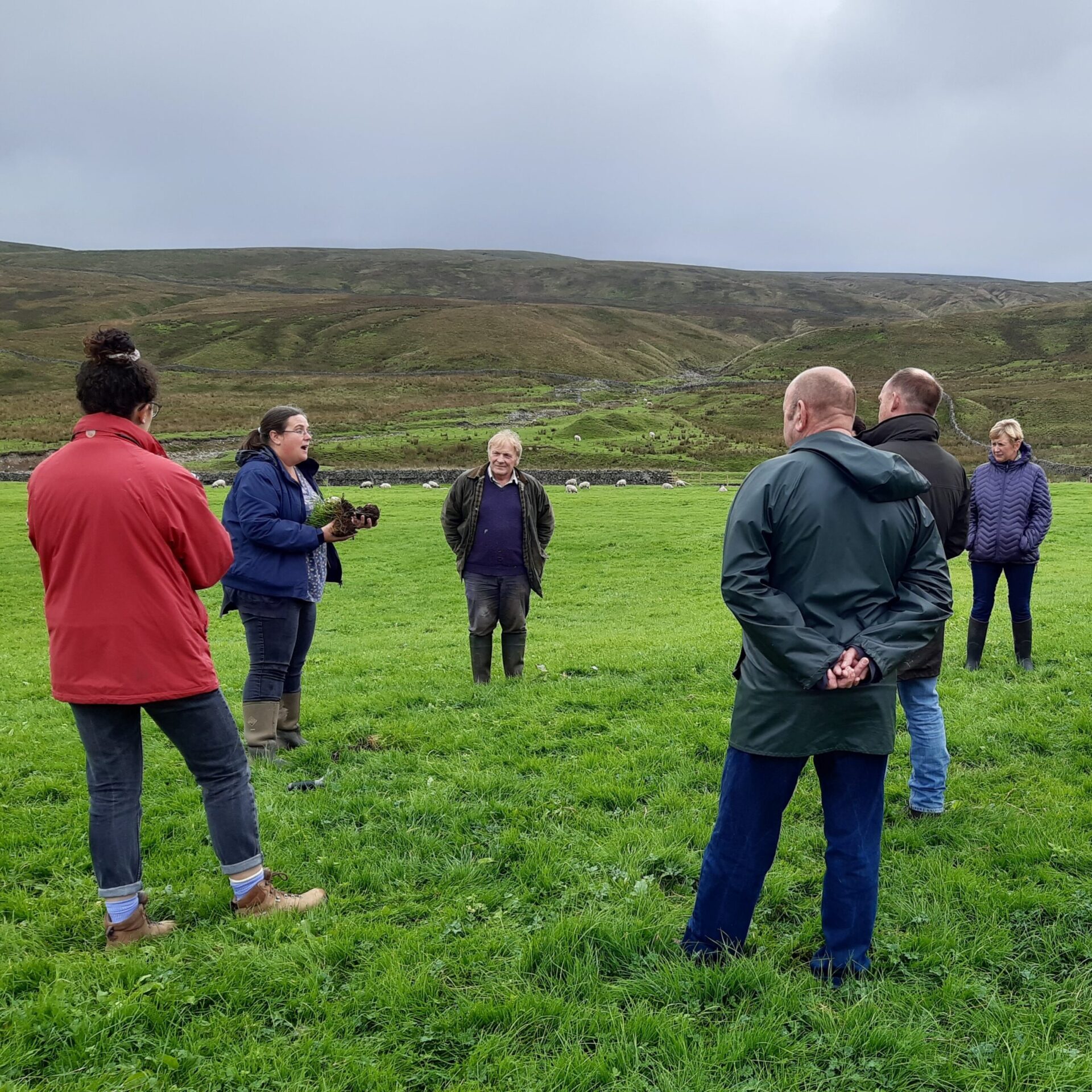
Knowledge-Exchange demonstration events
We are delivering demonstration events in four key areas of Knowledge-Exchange: Farmer-conservationist knowledge-exchange; Peer to peer learning; HNV farming; and peatland management. This work brings groups/clusters of farmers, landowners, land managers, conservationists and policy makers together in real-world situations to build a shared understanding and to increase knowledge and respect. We will hold 45 workshops, nine per year, with a total target attendance of 560.
Land management trials
We work directly with groups/clusters of farmers, landowners and land managers developing three land management trials, exploring locally-relevant management techniques that will benefit both farming and wildlife.
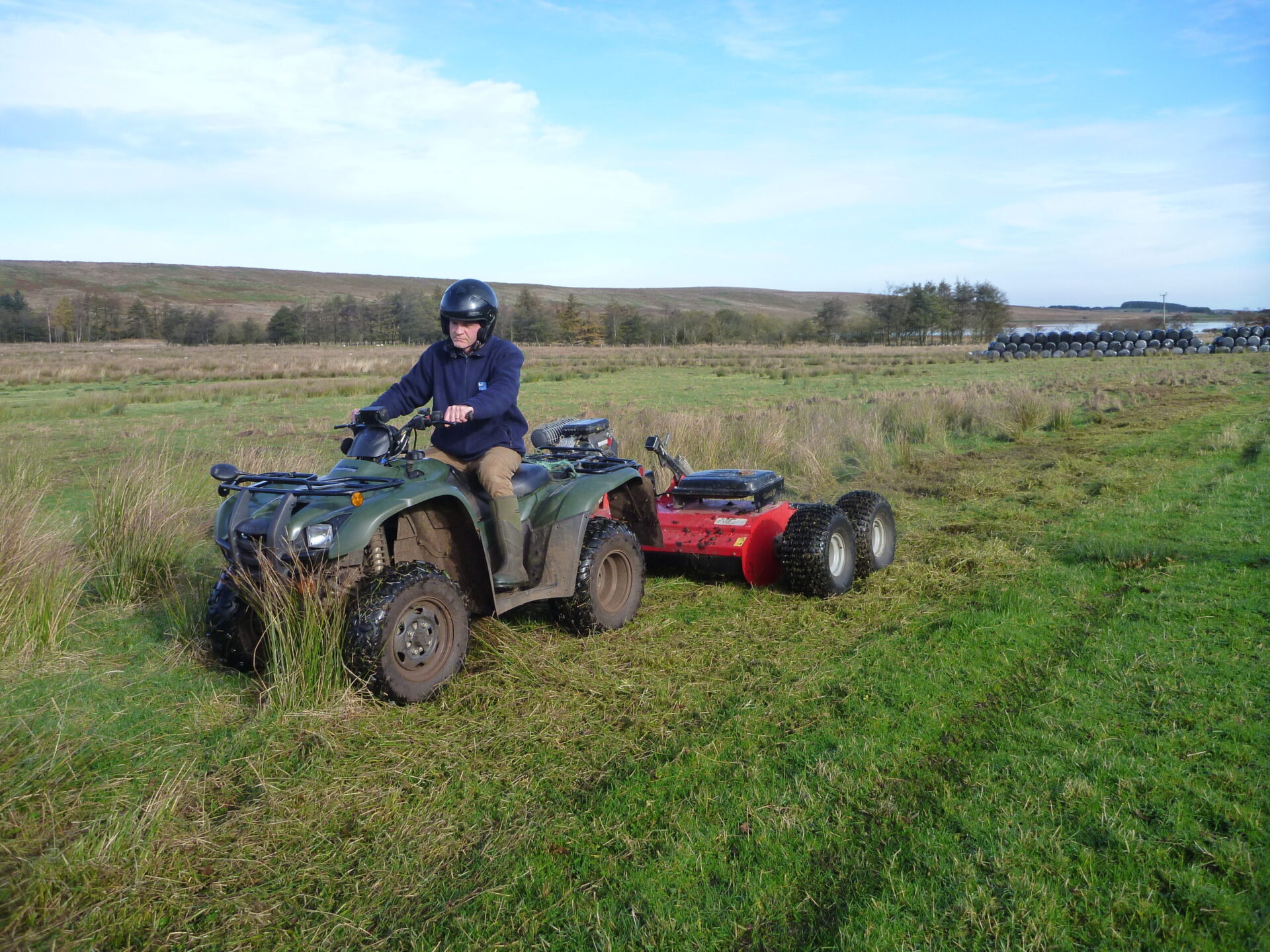
Youth Group leaders and outdoor centres
Our Community Engagement team are working with youth group leaders, Duke of Edinburgh leaders and outdoor education centres to familiarise them with the area and help them to feel more confident leading groups in the area. Our work together will showcase what makes Teesdale and Swaledale special and highlight the opportunities for groups to engage with our landscape, our wildlife and our cultural heritage.
Traineeships
Throughout the programme we will recruit and support 16 paid trainees in a variety of roles. Our trainees will be offered a range of skills training, including habitat survey and management, GIS and IT, traditional skills (e.g. woodland management), new approaches to HNV farming, community engagement and heritage interpretation. The first four trainees have already been recruited and are in post working on Access, Farming and Nature and Engaement.
Current trainees (contact details can be found here):
- Will Bowman, Farming & Nature Trainee, based with the North Pennines National Landscape team
- Joe Everitt, Farming & Nature Trainee, based at the Yorkshire Dales National Park Authority
- Chloe Hedley, Community Engagement Trainee based with the North Pennines National Landscape team
- Hermione, Community Engagement Trainee based at the Yorkshire Dales National Park Authority.
Previous Tees-Swale trainees have all successfully moved onto new jobs in conservation. Imogen is now working for the RSPB, and one of her first tasks was leading an education outreach visit for children from UTASS. Hamish and Molly have moved onto new jobs within the North Pennines National Landscape team, Hamish as Peatland Support Officer and Molly as Farming Support Officer. Rhiannon is working with the Yorkshire Dales Rivers Trust.
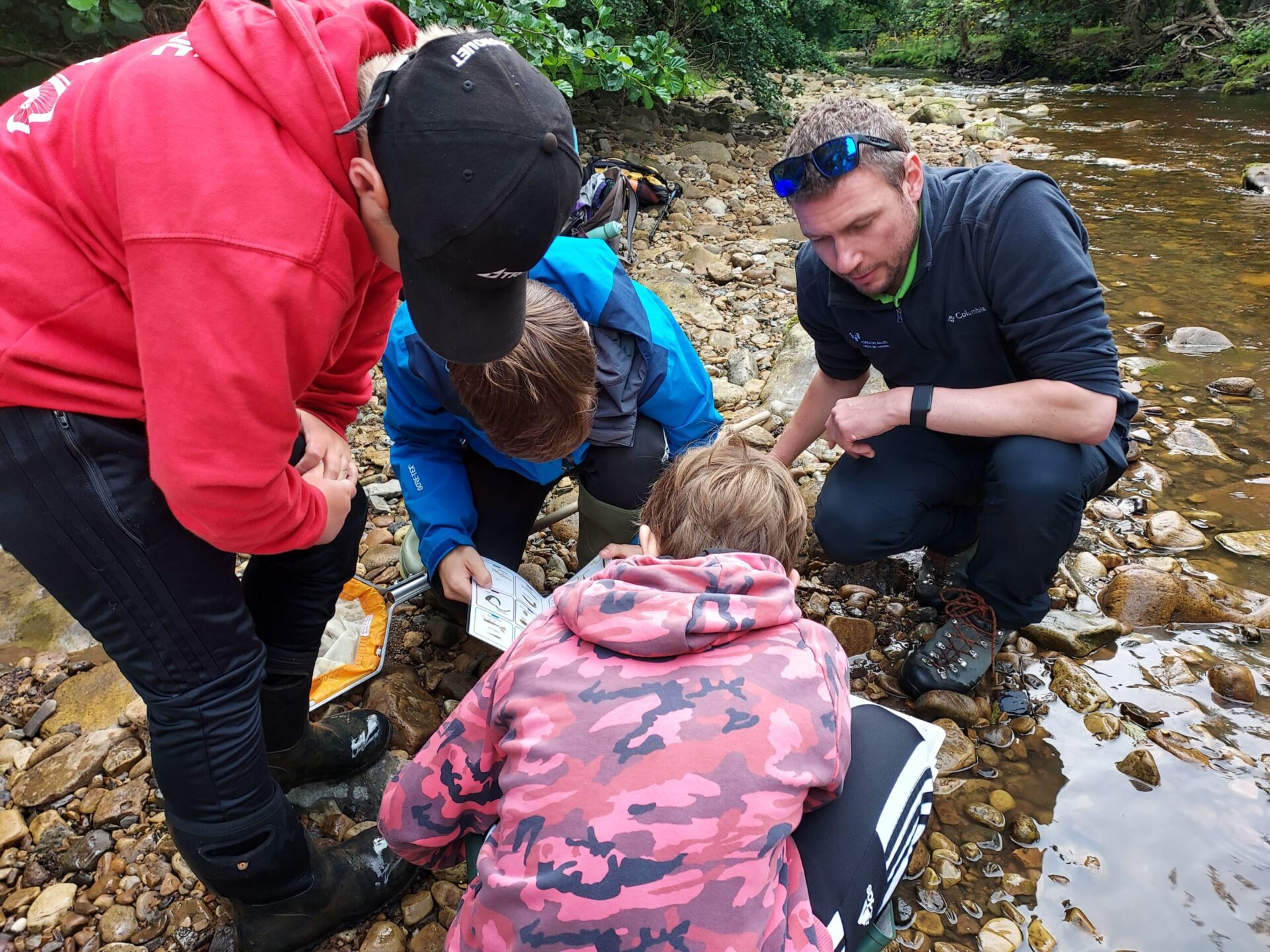
Tees-Swale Volunteers
Volunteers will be involved in a variety of activities, such as monitoring the impacts of habitat restoration, assisting in the engagement programme and carrying out large-scale conservation tasks. We aim to work with 100 active volunteers, running 58 training workshops over five years, on topics including wildflower identification, ash tree monitoring, tree and plug planting, access and community engagement. Find out more and sign up here.
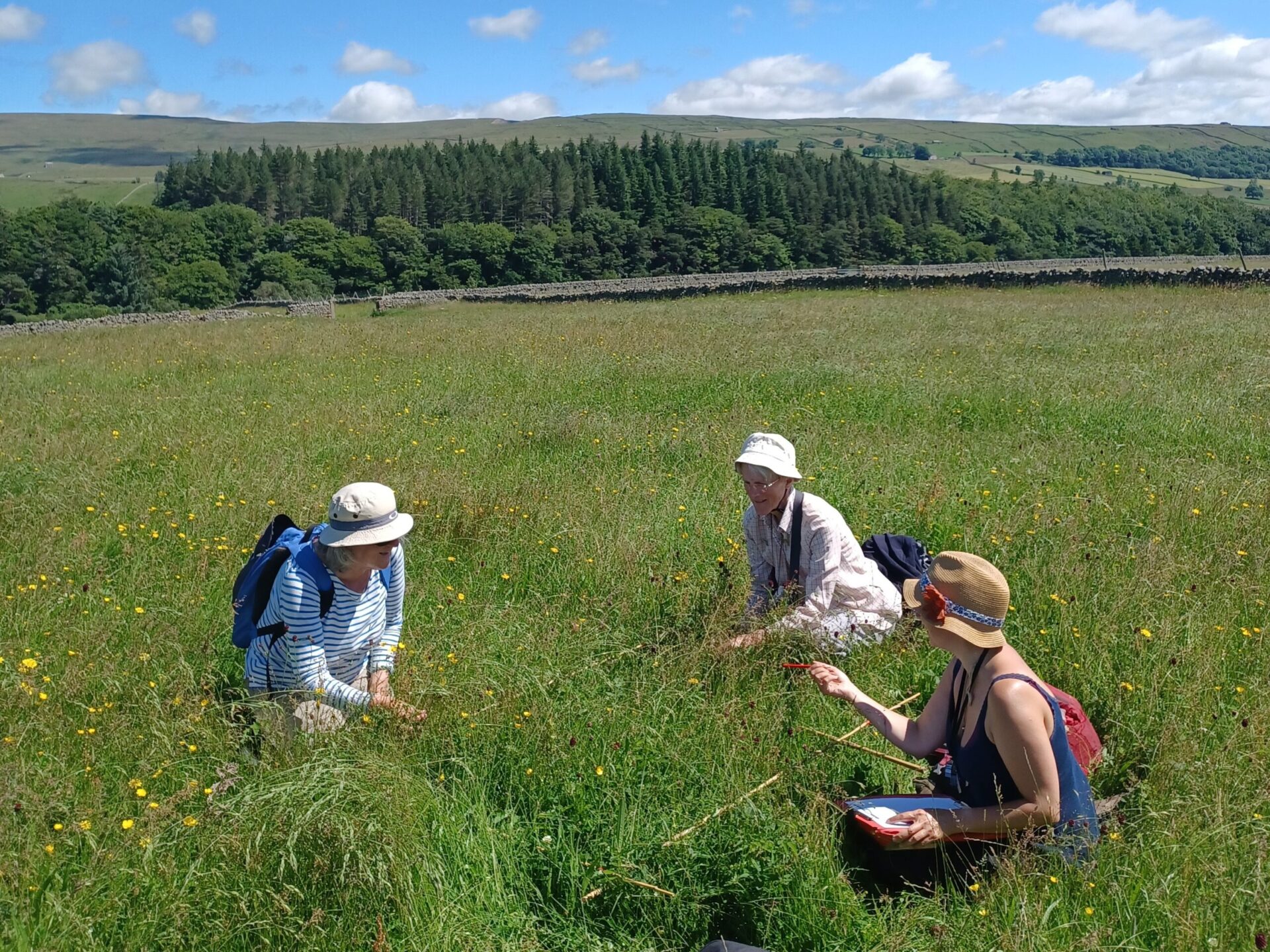
Find out more
Keep up to date with Tees-Swale news by subscribing to our e-newsletter here, joining our project group on Facebook or searching the hashtag #TeesSwale on Twitter and Instagram.







